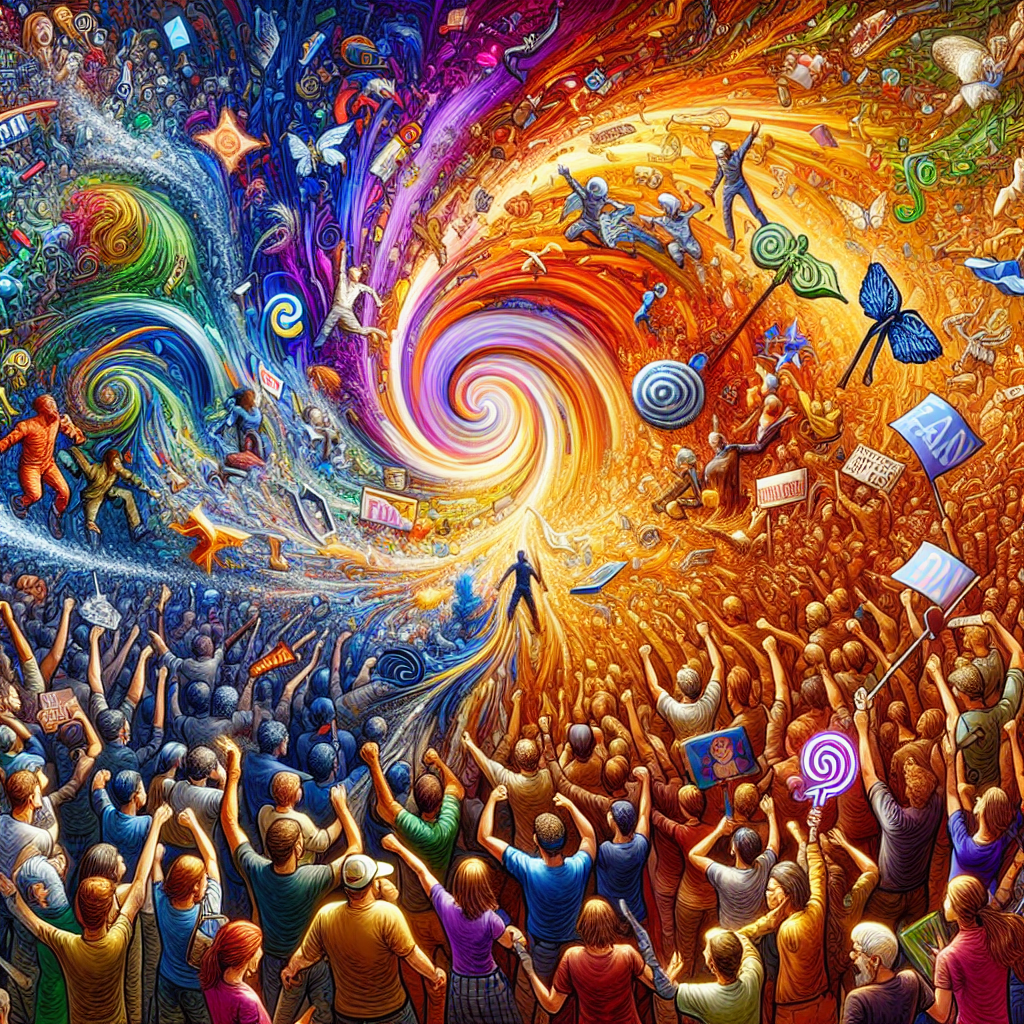Fan culture is not just a peripheral aspect of entertainment; it’s become a powerful force capable of reshaping entire franchises. This phenomenon is evident across various platforms, from blockbuster movies and TV series to video games and comics. Understanding how fan culture reshaping franchises has implications for creators, marketers, and fans themselves.
The Power of Fan Engagement
Fan engagement has evolved significantly with the advent of social media and online forums. Platforms like Reddit, Twitter, and Tumblr allow fans to share theories, artwork, and fanfiction, which can significantly influence the direction of a franchise. The creators behind the Marvel Cinematic Universe (MCU), for example, have openly acknowledged the impact of fan feedback on their storytelling choices and character developments.
Case Studies: When Fans Influence Change
A prime example of fan culture reshaping franchises is the “Snyder Cut” of the movie ‘Justice League.’ Originally released in 2017 to mixed reviews, fans campaigned under the hashtag #ReleaseTheSnyderCut, leading to the release of director Zack Snyder’s original vision in 2021 on HBO Max. This event not only changed the trajectory of the DC film universe but also demonstrated the potential financial and cultural benefits of listening to fan input.
Another notable instance is the ‘Star Wars’ sequel trilogy. The diverse reactions to ‘The Force Awakens’ and ‘The Last Jedi’ influenced the direction and content of ‘The Rise of Skywalker,’ with creators making noticeable adjustments to character arcs and plot lines in response to fan reactions.
Fan Contributions to Content Expansion
Fans do not just influence changes in existing narratives; they also contribute directly to content creation. Fan art, fanfiction, and even fan films are vital expressions of engagement that can enrich the franchise’s world. For instance, ‘Star Trek’ has a long history of embracing fan-produced content, which has helped sustain its vibrant community and relevance over decades.
The video game industry also sees significant fan involvement, with mods and fan-made games sometimes becoming so influential that they receive official endorsements or lead to commercial releases, as seen with games like ‘DayZ.’
Challenges and Controversies
While the influence of fan culture can lead to positive developments within franchises, it also presents challenges. Issues such as entitlement, where a vocal subset of fans believe they have a say in the direction of a franchise, can lead to conflicts. Additionally, the pushback against diverse casting choices in some franchises highlights how fan reactions can sometimes veer into negativity, overshadowing constructive criticism and genuine engagement.
Moreover, the question of intellectual property rights arises when fan-made content begins to look professionally made or commercially viable, complicating the relationship between creators and fans.
The Future of Fan Culture in Franchise Development
Looking ahead, the role of fan culture in shaping franchises is likely to grow even more integral. With the rise of interactive media and virtual reality, fans might soon not just influence but directly participate in narrative decisions through real-time feedback mechanisms.
As franchises continue to expand across different media and global markets, understanding and integrating fan feedback will be crucial. However, it will be equally important to balance fan desires with creative vision and inclusivity, ensuring that franchises can evolve in ways that respect both their origins and their broader audiences.
In conclusion, fan culture is undeniably reshaping entire franchises, turning audiences into co-creators of the entertainment they love. This evolving dynamic poses both opportunities and challenges, promising a future where fan engagement is not just influential, but potentially transformative.


